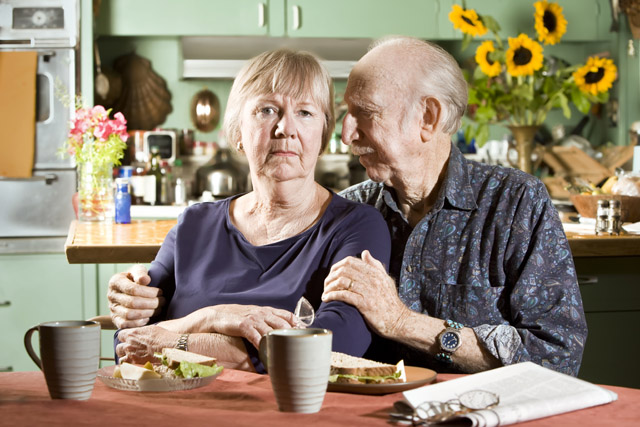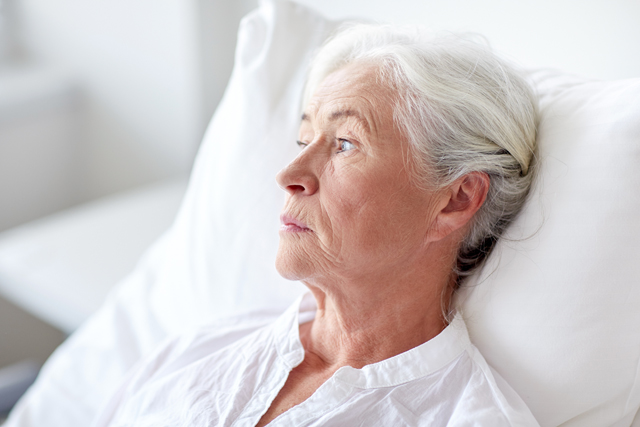
It’s natural that we experience changes in appetite or loss of appetite. However, these can also be signs of malnutrition or other health problems. Seniors might not need as much food as when they were younger, but they still need the right nutrition to keep them as healthy as possible.
Understanding the Cause
Although some change in or loss of appetite is normal for seniors, other things can also cause a loss of appetite in seniors. Some elderly persons lack the energy to cook. Their taste buds also change so that eating is less enjoyable. Depression or loneliness can also affect appetite in the elderly. Loss of appetite can also be caused by certain health conditions. It can also be a side effect of medication.
If you find that your loved ones are no longer eating well, then consult a physician to make sure there is no underlying health concern.
Natural Causes of Loss of Appetite
As seniors age, their metabolic rate slows and their amount of physical activity decreases. Hence, they need fewer calories. Gastrointestinal changes or dental problems can affect appetite. Changes to the senses of smell and taste can affect how your loved ones enjoy eating.
Needing fewer calories (less food) means the elderly need more nutrition per meal than before. A lack of vital nutrition can cause major health concerns. Even more significantly, changes to appetite or taste can indicate some serious illnesses like Alzheimer’s or Parkinson’s disease, thyroid disorders, periodontal disease, mouth and throat infections, and salivary gland dysfunction.
Ways to Stimulate the Elderly Appetite
Here are some practical tips to help your senior loved one get enough nutrition. Add healthy calories to the portions they can handle. Seniors won’t eat huge portions anymore, but they can benefit from a higher nutrient density in the portions they do eat. Try adding olive oil, avocado, peanut butter, etc.
A regular eating schedule can be beneficial. Stimulate the body’s hunger signals by slowly adding in a beverage and/or a snack during a normal meal time.
Oftentimes, seniors lack accessible or available social contact. Loneliness and depression can reduce appetite. Look into available meal options with family, friends, community or senior centers, and churches or temples. Also, check with meal delivery services like Meals On Wheels, etc.
Be sure you understand the side effects of your loved one’s medication. Some meds cause meat to taste metallic. If this occurs, try vegetarian sources of protein like dairy, legumes, or soy. If water tastes “off,” then try adding slices of cucumber or lemon.
Sometimes a prescription appetite stimulant will do the trick. Be sure to check with a physician to make sure this route is appropriate for your elderly loved one.
For more helpful tips on caring for the elderly, visit our senior home care blog.
Home Helpers of Lewisville is a locally-owned, trusted home health care agency and offers quality, compassionate senior in-home care services including home care assistance, personal care, companion care, respite care, Alzheimer’s & dementia care as well as homemaker services in Lewisville, Flower Mound, Highland Village, Lantana, Copper Canyon, Carrollton, The Colony, Double Oak, Bartonville, Argyle, Hickory Creek, Lake Dallas, Corinth, Shady Shores, Denton, and Coppell.


